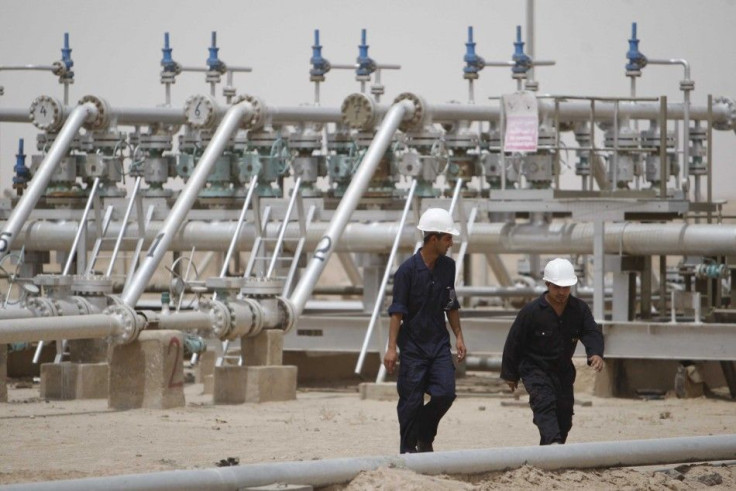Why OPEC Is Dying
COLUMN: OPEC is dying because its members have competing interests. These differences probably won’t be reconciled any time soon, which means the cartel will continue to fade.

OPEC just had a meeting that failed to produce any agreement. Saudi Arabia, the biggest producer of the cartel, admitted it was one of the worst meetings in OPEC history.
Furthermore, Saudi Arabia, the leading member to push for more production, has essentially indicated that it is willing to ignore OPEC quotas and supply buyers with whatever they want. By doing so, it has dealt a death blow to the integrity of the cartel.
And no one is going to stop Saudi Arabia. What’s OPEC and its hawkish members going to do, sanction Saudi Arabia? Slap on fines? Invade it?
None of that is going to happen.
Saudi Arabia’s economy depends on the US and Asia, so OPEC can’t threaten it financially. If any of the OPEC members are stupid enough to do anything militarily against Saudi Arabia, the US simply will crush the offender. Moreover, the Kingdom itself has a formidable and advanced military.
Saudi Arabia wants to produce more oil because it’ll get more money.
The kingdom has the stock and capacity to produce and sell more oil. Think of it as a store with a glut of inventory wanting to lower its price but more than compensate for that by increasing the sales volume. Saudi Arabia also wants to keep prices reasonably low because high prices spur innovations that permanently reduce the global demand for oil.
There are talks that the Kingdom is doing it to placate the West politically, but that motivation is secondary to its financial incentive.
Meanwhile, Iran, Iraq, Libya, Algeria, Angola, Ecuador, and Venezuela want high oil prices because they frankly can’t produce much more than their OPEC quotas in the near-term. Therefore, they want to squeeze as much as they can from current productions. Moreover, they’re more short-sighted and less dependent on oil, so they don’t care as much about deterring innovations that reduce oil demand.
The currently schism in OPEC shouldn’t be too surprising. What is surprising is that the self-interests of OPEC members have largely aligned for so many years and that the cartel has therefore remained relevant for so long.
Now, the party seems to be over. What will happen to oil prices?
In the best-case scenario (for producers), Saudi Arabia overproduces, other members largely keep production the same, and oil prices stay constant or rise slowly as global demand increases.
In the worst-case scenario, other OPEC members feel the squeeze of lower oil prices, scramble to ramp up oil production capabilities, and send oil prices sharply lower once the high production capabilities kick in.
Keep in mind that some of the oil doves (e.g. Libya and Iran) are politically unstable countries that really need money. In a pinch, they may very well throw discipline out the window and recklessly overproduce.
© Copyright IBTimes 2025. All rights reserved.





















